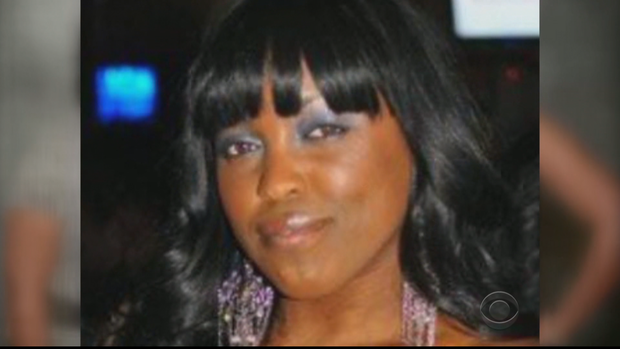La. police can't unlock woman's iPhone that could reveal her killer
Last April, 29-year-old Brittney Mills -- who was 8-months pregnant-- was shot and killed when she answered her door in Baton Rouge, Louisiana. She and her unborn child were killed.
Police suspect she knew her killer, and her locked iPhone could contain vital clues.
"The fact that her phone was encrypted and we are unable to obtain her password has thrown a stumbling block for the investigators in the case," explained police lieutenant Johnny Dunham.
Since the California magistrate's ruling that Apple had to help the FBI break into the iPhone used by San Bernardino shooter Sayed Farook, there has been new focus on cases around the country involving locked smartphones.
"This is a very, very slippery slope," said Apple's attorney Ted Olson, who used to represent the U.S. government before the Supreme Court.
He said he thinks the government could develop a backdoor, with Apple's help, to listen in and eavesdrop on phone calls.
Olson knows about terrorism -- his wife Barbara was a passenger on the plane that crashed into the Pentagon on 9/11. He believes terror cases can lead to government overreach.
"Terrorists want to take away our civil liberties. They want to break down our system, they want us to overreact. They want us to say, well, privacy goes out the window."
But Baton Rouge's district attorney Hillar Moore says Brittney Mills' case is about catching a killer.
"The question is, to live in a civilized society, in a free society, and you want justice, you have to give up some of your liberties. And this is one that I think is reasonable for you to give up," Moore said.
The FBI rejects the argument that the San Bernardino case would set a precedent. Apple wants Congress involved in the debate, but expects the case to ultimately end up at the Supreme Court.
